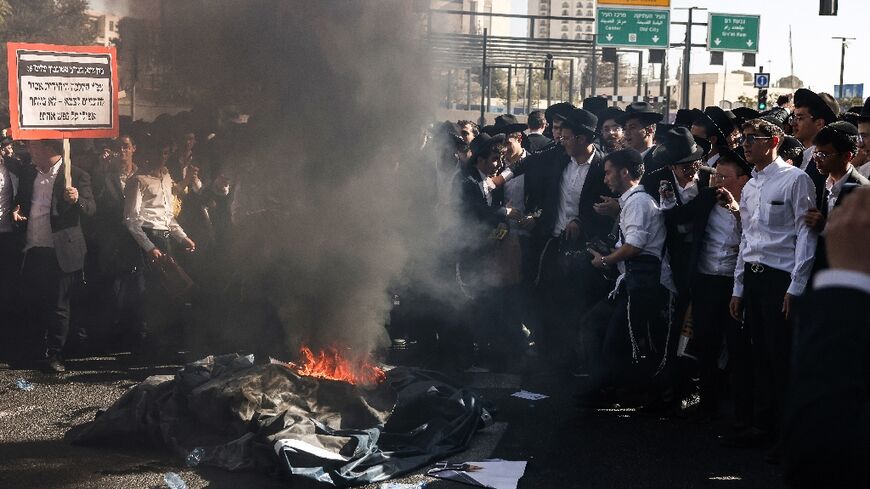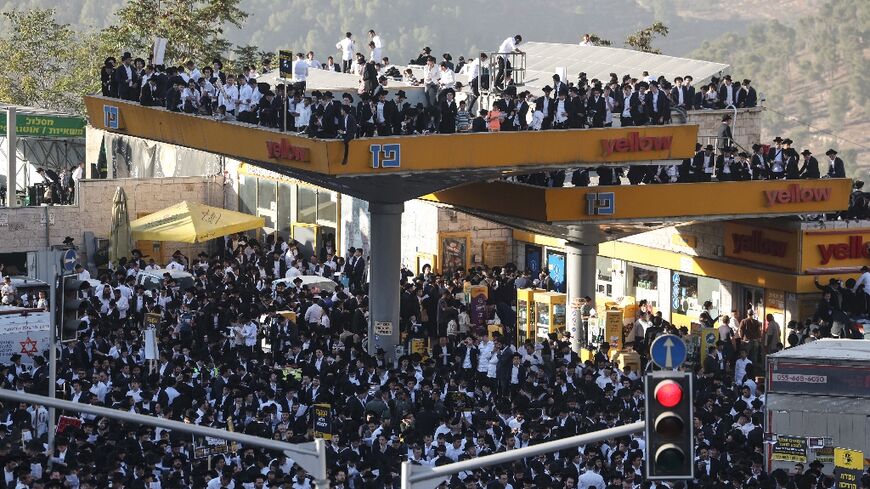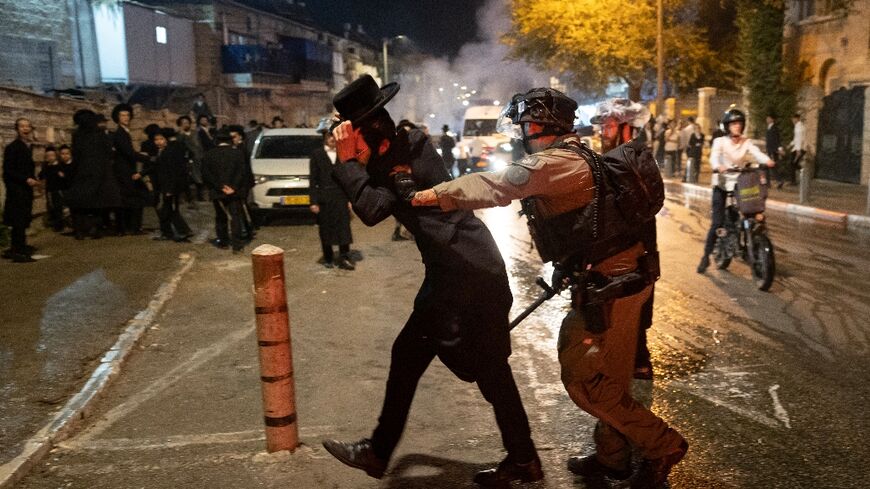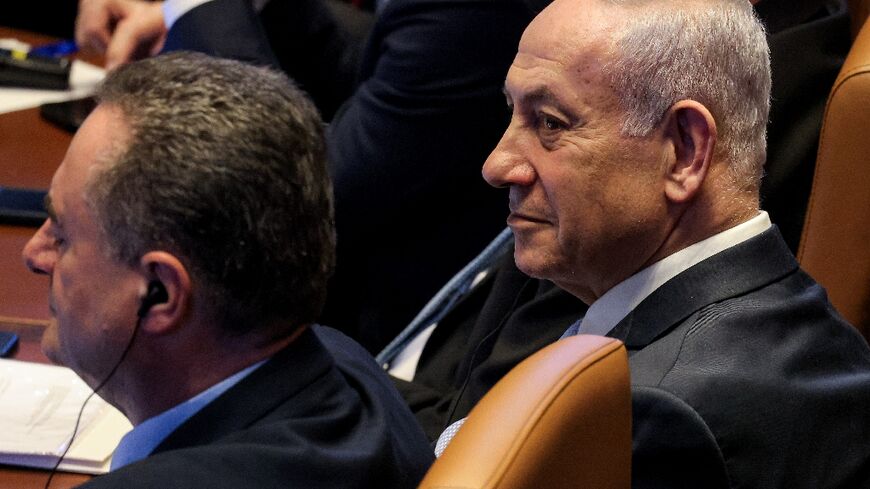Issue of ultra-Orthodox conscription in Israel threatens Netanyahu's govt
The issue of conscripting ultra-Orthodox Jews into the Israeli army has become a thorn in the side of Prime Minister Benjamin Netanyahu, sparking threats to derail his coalition and trigger early elections if he ends a long-standing exemption.
Military service is mandatory in Israel, but under a ruling established at the country's creation -- when the ultra-Orthodox were a very small community -- men who devote themselves full-time to the study of sacred Jewish texts are given a de facto pass.
Whether that should change has been a long-running issue in Israeli society, but efforts to scrap the exemption, and the attendant blowback, have intensified during the nearly 20-month war in Gaza as the military looks for extra manpower.
"Israel is moving closer to elections," read a headline from the ultra-Orthodox newspaper Yated Neeman on Thursday, quoting Rabbi Dov Landau, who leads the Ashkenazi United Torah Judaism (UTJ) party allied with Netanyahu.
"A government that behaves like this towards Torah students is shameful and must be brought down," the paper added, quoting the rabbi.
Netanyahu's coalition, formed in December 2022, is one of the most right-wing in the country's history, and includes two ultra-Orthodox parties.
The prime minister had promised them his government would pass a law continuing the exemption for ultra-Orthodox men, but he has so far failed to deliver.
The supreme court, meanwhile, ruled in June of 2024 that the state must draft ultra-Orthodox men into military service, saying their legal exemption had expired.
Recently, a member of Netanyahu's right-wing Likud party has pushed for a bill aimed at increasing the enlistment of ultra-Orthodox, or Haredim, and toughening sanctions on those who refuse to serve -- including travel bans and suspending driver's licenses.
- Turning tide? -
About 66,000 Haredim are of conscription age, according to the army.
In April, a military representative told a parliamentary committee that of 18,000 draft notices sent to ultra-Orthodox individuals, only 232 received a positive response.
While Netanyahu's coalition could survive without the seven MPs from the UTJ, it would lose its majority if the 11 lawmakers from the Sephardic ultra-Orthodox Shas party decided to quit the government.
Tensions have been simmering with rabbis from the UTJ for weeks, and Shas is now also threatening to leave.
A Shas source told AFP the party's threat was "a way of putting pressure on Netanyahu to find a solution before Monday".
Israeli media reported intense negotiations between Netanyahu, Shas and Yuli Edelstein, the lawmaker who put forward the enlistment bill.
Sensing a turning tide, opposition leader Yair Lapid on Wednesday said his party would propose a bill to dissolve parliament "next week", in a bid to take advantage of potential support from the ultra-Orthodox.
- Political 'dilemma' -
"This is an existential issue for the ultra-Orthodox," said Emmanuel Navon, a political science professor at Tel Aviv University.
"Even if they won't get any better with another government, they could go all the way" and bring down Netanyahu's coalition, he added.
According to a poll published in the right-wing daily Israel Hayom in March, 85 percent of Israeli Jews support a change in the law on Haredi enlistment, with 41 percent in favour of a law requiring all those of conscription age to enlist.
Navon said Netanyahu "is in a dilemma" -- on the one hand, keeping his promise to the ultra-Orthodox parties might preserve his coalition, but on the other, passing a law to continue their exemption could cost him his electorate.
"Netanyahu considers himself irreplaceable and will run in the next elections, so he cannot pass an exemption law without losing his voters, nor can he vote for a conscription law without losing his most loyal political allies," Navon said.



